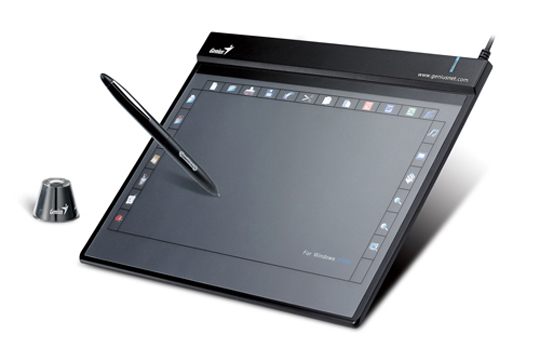While some people tend to use the terms “brand” and “company” interchangeably, they are not the same thing. A company exists to provide a product or a service to a specific group of people. A brand is a company’s promise to deliver that product or service in a certain manner.
With that said, identifying your brand elements is largely a matter of determining how you will go about accomplishing the latter and symbolizing it.
To those ends, the key branding elements you need to be aware of are identity, image, positioning, personality, differentiation and communication.
Identity
These are the associations people make when they see your name. For example, when you think of Nike, you probably see the company’s “Swoosh” logo. When you think of Apple Computers, you probably envision the “bitten apple” logo. In addition to these symbols, you think of the taglines, “Just Do It” and “Think Different.” Those symbols and words have come to be identified with those companies. They are part of their brand identities. Said simply, your brand identity is the way people recognize your brand and a logo is a good start. If you have yet to develop one, it’s time to leverage a free logo creator to do so. It’s also time to come up with your tagline.
Image
The expectations people have when they encounter your brand constitute your image. For example, people expect to be treated to a deferential shopping experience when they go to Saks Fifth Avenue, Bergdorf-Goodman or the Apple Store. They do not expect this at Wal-Mart, Ross or TJ Maxx. Trying to go against your brand image can get you into trouble. Volkswagen tried marketing a high-end luxury sedan called the Phaeton several years ago. However, luxury car buyers couldn’t get their minds around the idea of a $68,000 car with VW badges on it. The takeaway? Be cognizant of the expectation your brand image sets.
Positioning
Getting back to our VW example for moment, the Volkswagen brand has long been associated with quality transportation at an affordable price point. This is how the brand is positioned in the minds of consumers. All cars accomplish the same task, moving people between points A and B. However, certain brands have an air of prestige, while some have an air of sportiness and others have an air of economy. You have to figure out where you want your company to live in the minds of your customers and do what you need to do to get them to see you that way.
Personality
If your company were a human being, what kind of person would it be? Would it be playful or serious? Is it pompous or down to earth? Would it be conservative or liberal? Here’s a hint; before you answer that question, you’ll need to determine the nature of your ideal customer—taking your product lines into consideration—and make sure your company’s personality matches theirs. This is key to making your brand relatable.
Differentiation
OK, so what makes you unique? Coke and Pepsi both sell cola, yet they also elicit entirely different responses in the minds of consumers. The two beverage producers have worked hard to stand out in the marketplace when compared to their direct rival. You must do the same. Look at your key completion, figure out what they stand for and craft your branding to be just as respectable—but different enough to attract your ideal customer away from them.
Communication
Ok, so once you have all of that in check, it’s time to tell the world who you are and what you represent. You’ll also need to establish how you stack up, what you’re about and how you’re different. The good news is knowing these factors will help you determine the best methods of spreading the word.
Let’s take social media for example. If you’re going after boomers, Facebook is your best shot—it’s where they live online. If you’re targeting Millennials, Instagram is the move. Said succinctly, identifying your brand elements will also help figure out where you should be. Once you’ve figured out who you are, it’s easier to get others to see you that way too.





